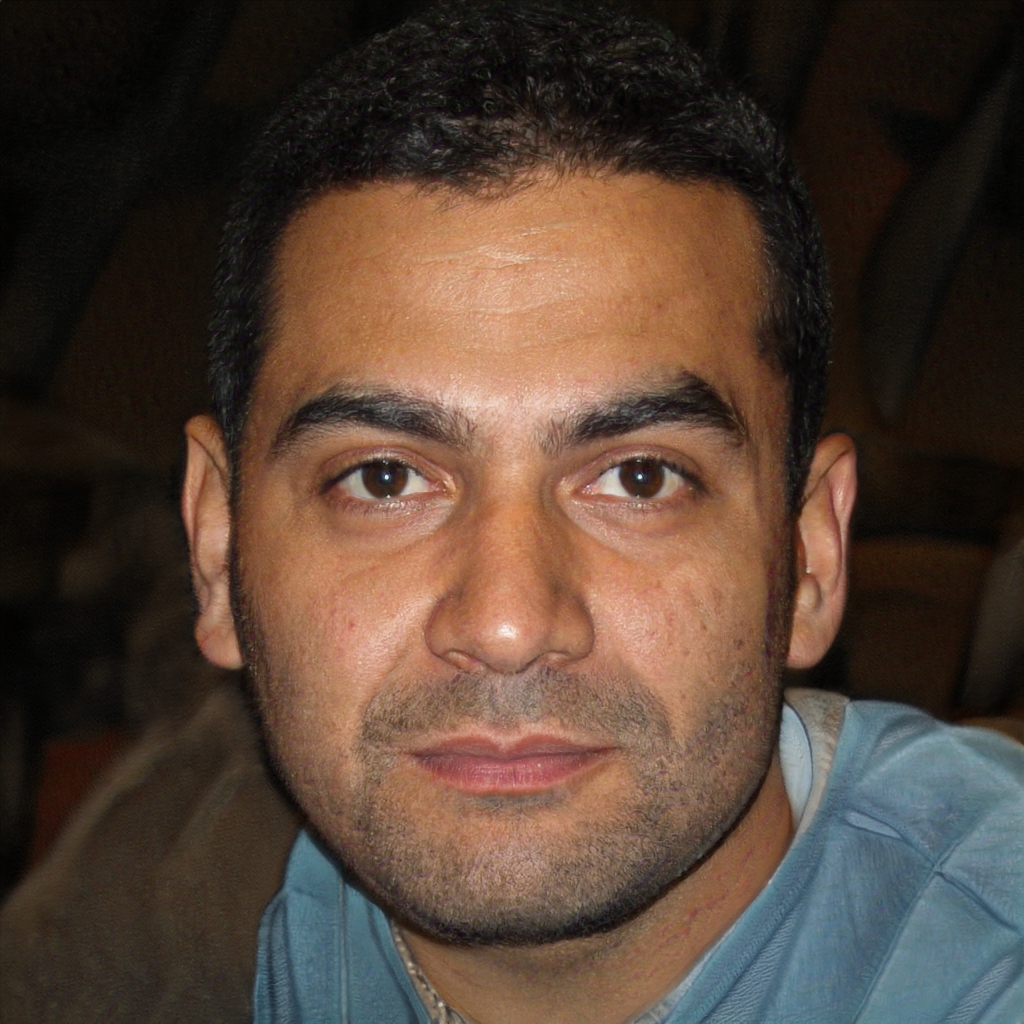In recent years it is increasingly common to hear about think tanks. These are interdisciplinary institutions, organizations, or expert groups that seek to study a particular topic (be it a political, economic, social, or scientific problem) and provide ideas or advice. Living up to its literal meaning in English ("thought tank"), think tanks have as their function intellectual reflection on matters of a very varied nature (economic, military, technological, social, cultural, political, etc.) and, in this way, advise political parties or other organizations that may or may not use its guidelines in their fields of action.
What is the origin of think tanks?
The concept of think tank contemplates a military origin, since it was during World War II when they became popular. The cold war between Russia and the United States, together with the growing influence of political parties in society, led to the emergence of these "idea laboratories" with the intention of promoting or reinforcing certain opinions. However, little by little, these organizations became somewhat more independent, directing their vocation and functions to a more academic, less partisan environment.
Main functions of a think tank
A think tank can be translated into Spanish as a laboratory of ideas, a think tank or a strategic or research cabinet. Although some may be directly related to some political ideology, think tanks are usually independent and non-profit organizations that propose a series of ideas with the aim of helping public affairs improve the lives of citizens and manage the community. best possible way.
Admission of promotions Economic politics and social, think tanks also carry out other very important functions, such as:
- Create and promote spaces for dialogue and debate
- Develop future political panels for effective decision making
- Channel and allocate funds to movements and other political actors
Likewise, think tanks try to determine the most predictable guidelines and action plans to improve certain issues that directly affect the population, such as education, health or employment policies, pensions, the impact of technology, urban development, migratory movements, etc.
